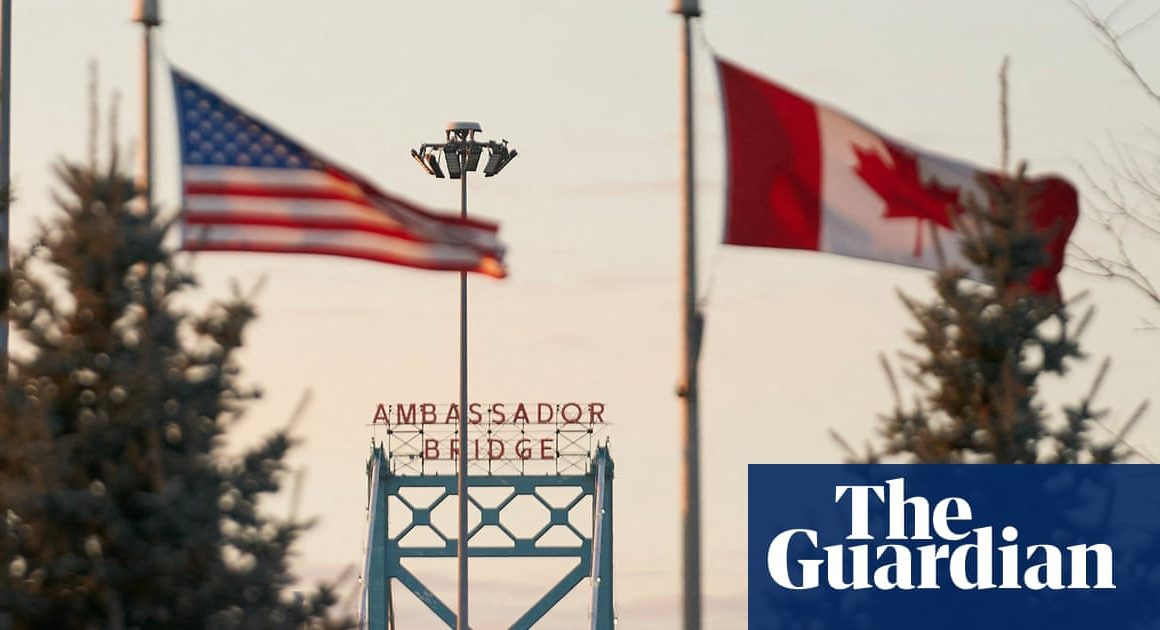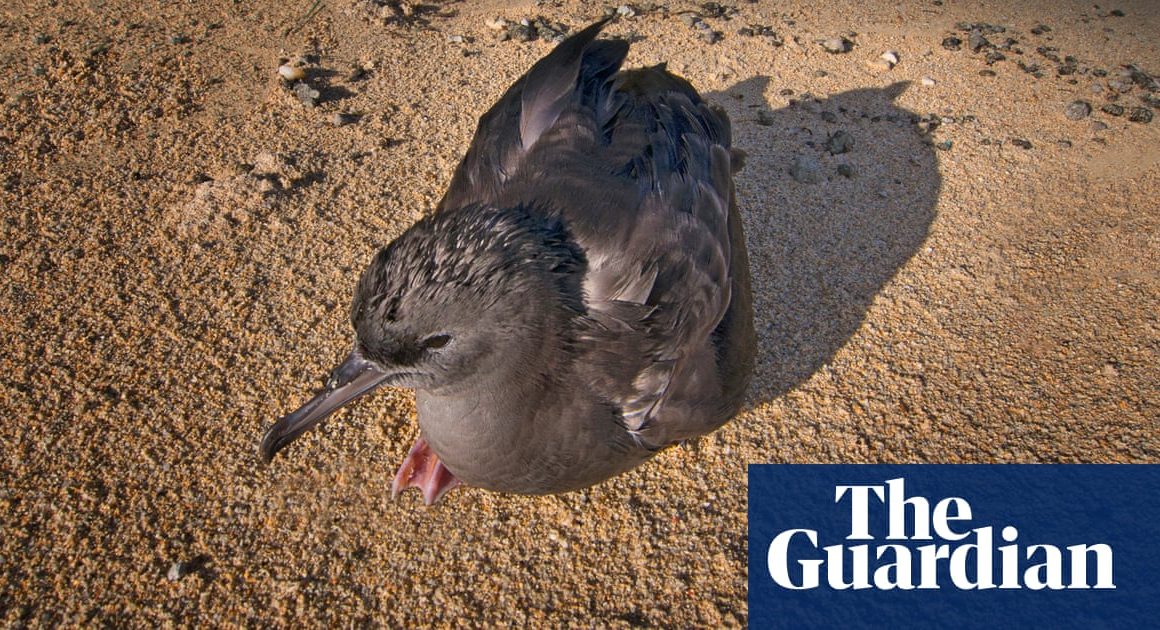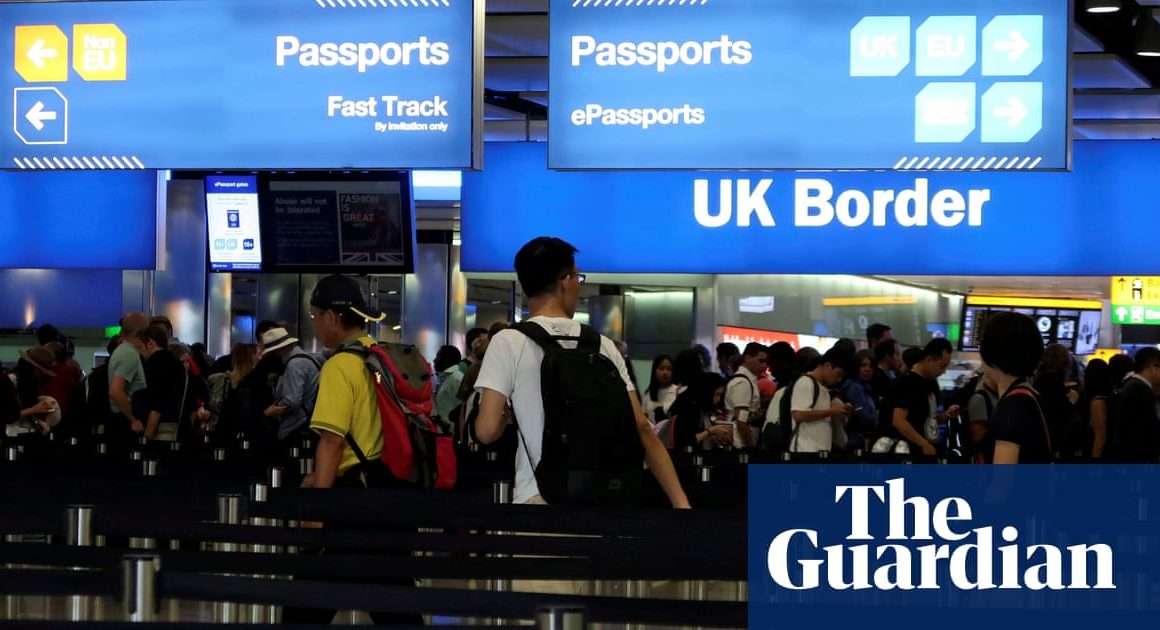The freed Israeli hostage Eli Sharabi did not know his wife and two teenage daughters were killed in the 7 October attack until after his release, his British family have confirmed.
An Israeli soldier broke the news about what had happened to his wife, Lianne, who grew up near Bristol, and their two British-Israeli children Noiya, 16, and Yahel, 13, after Sharabi and two other hostages were released by Hamas in exchange for 183 Palestinian prisoners on Saturday.
Sharabi had spent 491 days in captivity unaware that, after armed men entered his home and shot the family dog, they locked Lianne and the children in their safe room and set it on fire, Lianne’s parents told the BBC.
Their bodies were later found “all cuddled together”.
Sharabi’s brother, Yossi, was also taken hostage on 7 October. He died early last year when the Israeli army bombed a building in Gaza near where he was being held.
Shortly before he was handed over to the Red Cross on Saturday, Sharabi was escorted on to a stage by masked Hamas fighters, where he said: “I feel very, very happy today to return to my family and friends – to my wife and daughters. I truly hope to see them very soon.”
He appeared emaciated and is now being treated for severe malnutrition at a hospital in Tel Aviv.
Lianne’s parents, Gill and Pete Brisley, who live in Bridgend, Wales, said their son-in-law has “sunken cheeks”, “hollow eyes” and wrists like “sticks” but was lucid when they spoke to him on a video call.
“He got choked up a couple of times but managed a small smile for us. Such a brave man,” the couple said.
They expressed joy and relief at his release and were preparing to fly out to see him soon, after enduring a “very emotional morning” watching his release on livestream on Saturday, they told the BBC. “Seeing Eli come out now, it brought everything back. [We] sat and bawled our eyes out,” said Gill, Lianne’s mother.
“I was sitting there cuddling Lianne’s teddy bear. I think I made him wet actually. It reminded us of what we lost.”
Sharabi’s brother-in-law, Stephen Brisley, told the Guardian on Saturday that he was feeling a “kaleidoscope of emotions” after Sharabi’s release.
Brisley described his joy and relief at seeing Sharabi alive “because, up until yesterday afternoon, we didn’t even know whether he was alive or dead”. He said this was “very much tempered by the distress of seeing the state that he’s in”.
“You can see the clothes are hanging off of him. You can see his face was gone. The spark and the light has gone from his eyes. His cheeks are sunken.
“It’s a bittersweet day because we don’t know, other than the fact that he’s alive, exactly what state he’s in physically and mentally,” said Brisley. “But it’s the moment we’ve been waiting for. I’m just trying to focus on the joy of that and leave the more distressing elements for another time while we help him to recover.”
The three hostages were released on Saturday as part of a three-phase agreement, designed to broker a permanent end to the war after 15 months of fighting.
About 1,200 Israelis were killed in the Hamas attack on 7 October and another 250 taken hostage. It is estimated that nearly 47,000 Palestinians have been killed in the fighting.












